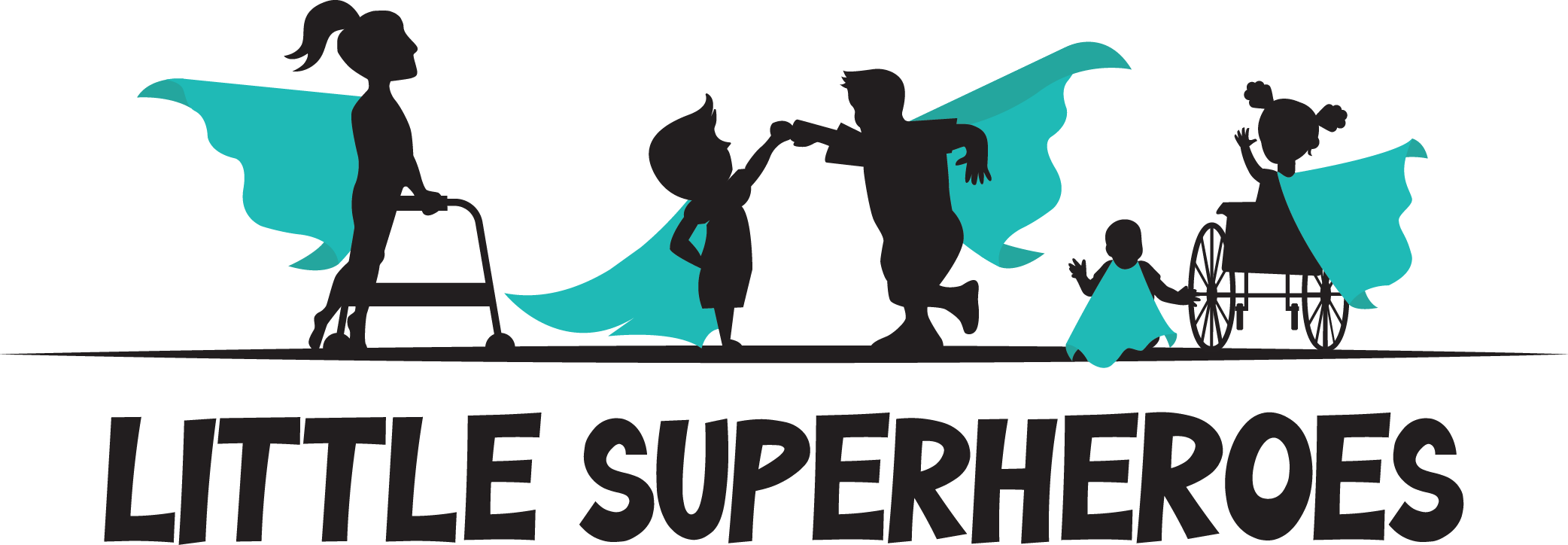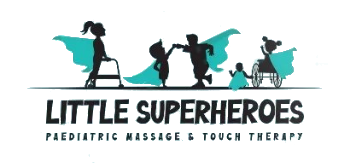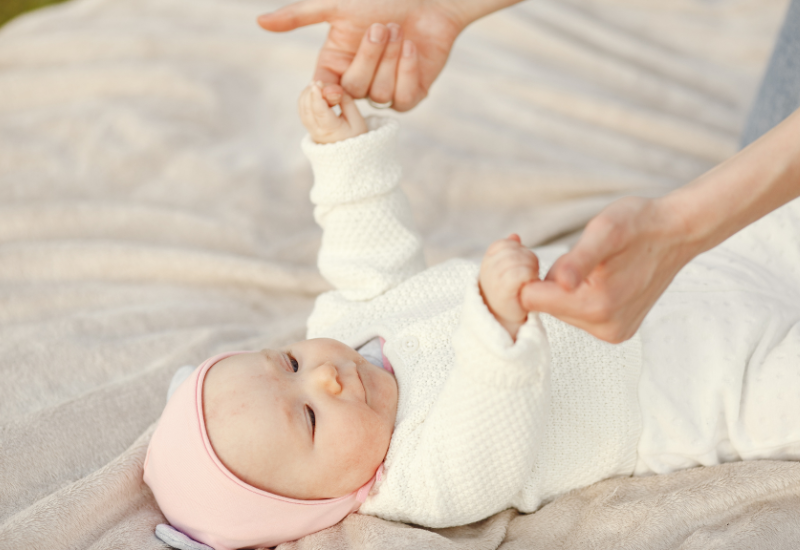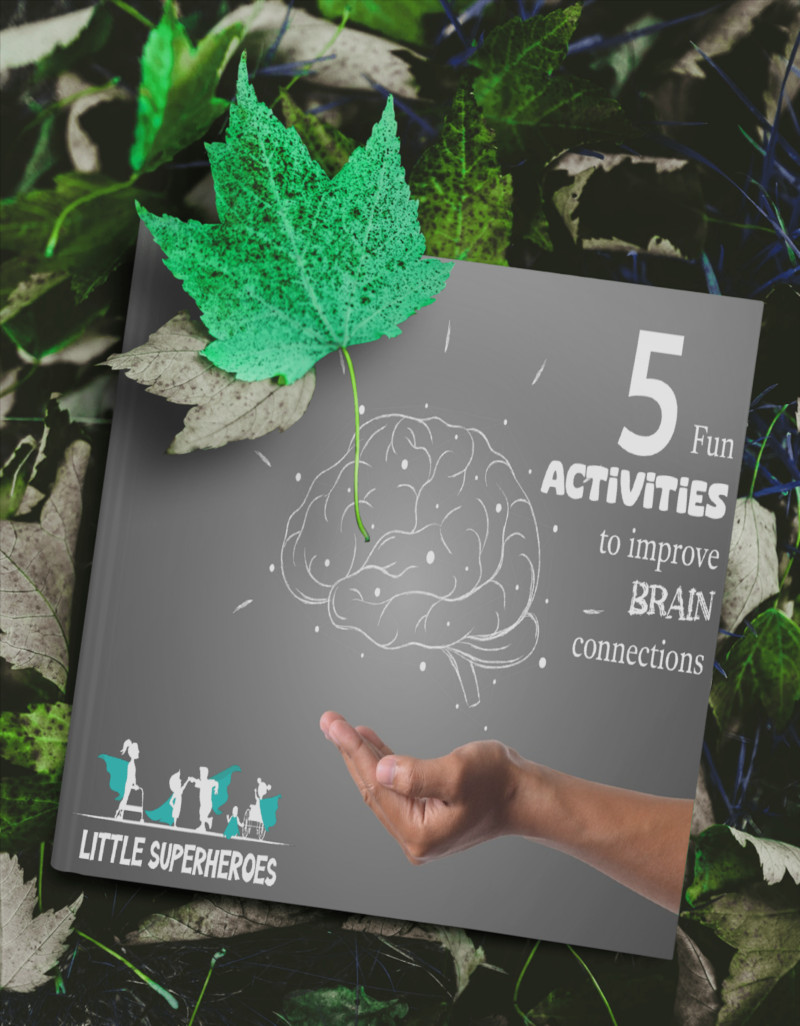Understanding Primitive Reflexes (Part 1): What They Are and Why They Matter
Primitive reflexes are automatic movements that babies are born with, playing an essential role in early development. These reflexes help with survival in the first few months of life and should naturally fade as the brain matures. However, for some neurodivergent children and those with special needs, primitive reflexes may remain active, affecting learning, behaviour, and motor skills.
In this two-part series, we’ll introduce some of the key primitive reflexes and explain how they can impact your child’s development if they’re retained. In Part 1, we’ll cover three important reflexes and what you can do if they remain active in your child.
What Are Primitive Reflexes?
Primitive reflexes are involuntary movements that originate in the brainstem. They are present at birth and help babies with functions like feeding, gripping, and responding to sensory stimuli. Over time, these reflexes should be integrated (inhibited) as the brain matures, allowing for more voluntary and controlled movements.
In some neurodivergent children, these reflexes may not fully integrate, leading to developmental challenges. Let’s explore three common primitive reflexes and how they impact children’s growth.
1. The Moro Reflex (Startle Reflex)
The Moro reflex, or startle reflex, is one of the earliest reflexes to develop. It causes babies to throw out their arms and legs in response to a sudden movement or loud noise. This reflex is designed to help babies respond to danger.
Signs of a Retained Moro Reflex:
- Hypersensitivity to sensory stimuli (sound, light, movement).
- Anxiety or frequent emotional outbursts.
- Difficulty focusing or sitting still.
- Sleep disturbances due to overreaction to stimuli.
What Can Help:
- Gentle movement exercises, such as slow rolling or swinging, can help reintegrate this reflex.
- Creating a calming, sensory-friendly environment can help your child feel more grounded and reduce overstimulation.
2. The Palmar Grasp Reflex
This reflex causes babies to grip anything placed in their hand. It’s an important reflex for early development, helping with bonding and physical strength.
Signs of a Retained Palmar Grasp Reflex:
- Poor fine motor skills, such as difficulty writing or holding small objects.
- An immature pencil grip.
- Difficulty with tasks that require hand-eye coordination, like using utensils.
What Can Help:
- Activities that promote fine motor development, such as squeezing playdough, threading beads, or using tweezers.
- Hand-strengthening exercises like using stress balls or sensory putty can help improve grip and coordination.
3. The Rooting Reflex
The rooting reflex helps babies turn their head toward a touch on the cheek and is crucial for feeding. This reflex typically fades after the first few months as babies develop voluntary control over feeding.
Signs of a Retained Rooting Reflex:
- Sensitivity around the mouth or cheeks.
- Speech or articulation difficulties.
- Discomfort with eating certain textures or tastes.
What Can Help:
- Activities that encourage controlled movement of the mouth, such as blowing bubbles or using straws.
- Oral motor exercises, like chewing on different textured objects, can help integrate this reflex and improve speech and eating.
Conclusion: Primitive Reflexes and Your Child’s Development
Primitive reflexes are an essential part of early development, but when they’re retained past infancy, they can affect your child’s ability to learn, move, and regulate their emotions. In this first part of our two-part series, we’ve explored three key reflexes that may impact your child’s development if they remain active.
At Little Superheroes, we specialise in therapies that help reintegrate retained reflexes and support your child’s overall growth. Stay tuned for Part 2 next week, where we’ll cover additional primitive reflexes and offer more solutions to help your child thrive.
If you suspect your child may have retained primitive reflexes, book a consultation with us today to get started on a personalised plan that supports their development.









